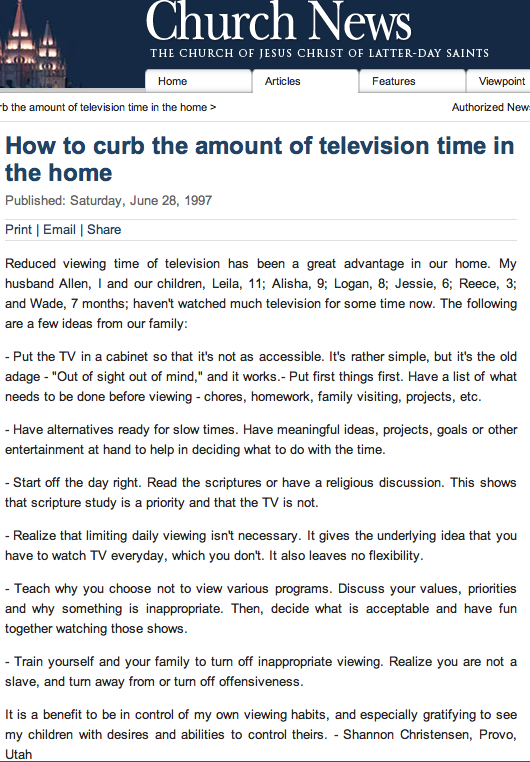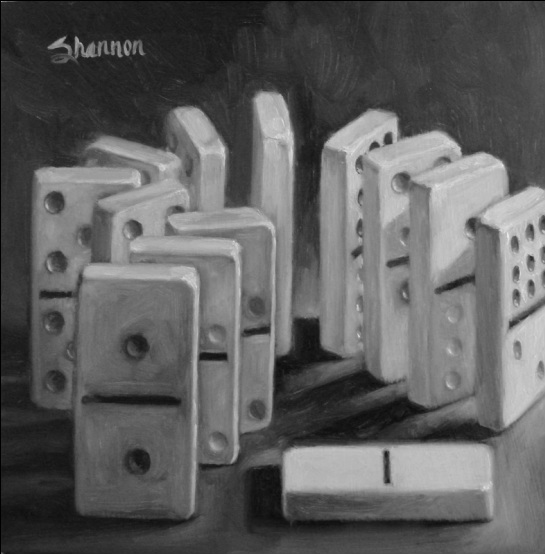|
1) Do acknowledge them Hello. Talk to them when they come in. Show some interest. Get to know them. 2) Do show respect Grow up. Kids want to be treated like an adult, this is one area in which that works. 3) Do provide food Yum. Food always works. Feed them. Even let them have access to the kitchen. 4) Do be some fun Duh. Do something unexpected from the normal routine. Be a little playful. 5) Do avoid confrontations Yield. This isn't the time to correct your kid. Do that later, where you can discuss. 6) Do remember them Notice. Names, siblings, & unique things about them. Also, how your kid knows them. 7) Do make it peaceful Zen. An environment that's void of contention makes a place people want to be. 8) Do leave a little space Exit. Give them some room. Not the bedroom. But, some talking space to be private. 9) Do like them Enjoy. Everyone has annoyances. Overlook them. See what your kid sees. Be open. 10) Do keep long hours Nap. It doesn't have to be 'open all night' but kids like late nights. Especially weekends. Bonus: Do treat them like family Include. Everyone wants to belong. Somewhere. Make it you and yours that they think of as 'family' when they need to connect. How you interaction with your kid's friends, and your kid, will benefit everyone. What do you do?
0 Comments
Did a little surfing down memory lane and came across an article that I contributed to a long time ago and forgot about. It was about TV viewing and what can be done to curb the amount of time watching it. (We've never been big television watchers. There's just so many other really fun things to do.) I'm glad to report the things I said yesterday (relatively speaking) are still valid today. You can see if you agree.
Last year I read an article and did a post about my New Year resolutions going in a new way. Here is part of what I said in 2011, "...after reading this article I realized that Christine's idea of picking a word as a guide for the year, something to "become", was a better fit for me now." This year I am looking back on that to see how it went. My guide word last year was "FOCUSED" and I found that is was simple and it became a sort of mantra for me. With whatever I did I went back to "focused" for guidance because that's what I was looking for in my life. It was helpful and the first 8 months went really well. The last few got a little, unfocused. I think the thing I would do differently to avoid that is to put the word up for me to see, somewhere, and so I could remember near the end of the year. Maybe by the 8th month "focused" was just more ingrained and less conscious. Whichever way, I liked it and I'm going to try it again this year. So I have a new word for 2012... It's "finish". On New Year's Day I went through many words thinking about what I wanted to have guide me and I am really in a need of finishing things. When I think of this guide word it makes me think about what I am going to take on, because I have to finish it. It makes me think that if it will help me be more thoughtful and balanced. It makes me think of what is on the table now, and finish it.
Kind of ironic because this post sat here for several days before I actually finished it, to post it. So, my guide word "finish" is very fitting. Well, yesterday I talked about gift giving. Today I have something else on my mind. This morning I read an article about a NYC public school teacher who told her class of second graders, during a geography lesson, that there was no Santa. She was discussing the North Pole and the children assured the teacher they knew where the it was because Santa lived there. The teacher decided to clarify that myth and said that there was no Santa. Also, she felt a need to tell them that it was their parents who put presents under the tree for them, not Santa. What exactly that had to do with geography I don't know. After the article, there ensued a back and forth in the comments section about whether kids should be told the truth, if they should even be told to believe in Santa at all, and every opinion in between. I have issues with Santa myself. I've never told my kids there was and never told them there wasn't. When they asked me I would always respond with, "What do you think?" Sometimes they'd say what they thought and sometimes they didn't. I let them talk. So, the belief in the man Santa has been perpetuated very little, if at all, in our home. But, the spirit of Santa and Christmas has. As an artist I'm very aware of symbols and their use. We use symbols in society all the time. Santa Claus is a symbol. A collective symbol of the intangible attributes of joy, wonder, mystery and surprise that we have few other means to share and pass on. For most of society we have mutually agreed to do that. Just as we've nationally decided that the American Flag is a symbol of patriotism, wedding rings a symbol of fidelity and love, and yellow ribbons a welcoming back home. Whether we choose to embrace these icons and the ideas they represent are personal choices. A lot of times people get so emotional that they miss the mark about what the problem is. The real issue with this situation is that this teacher believed, and acted on the idea, that it was her RIGHT to tell these children. She decided that Teacher usurps Parent. Put another way, Teacher displaces, supplants, confiscates, or cuts out Parent. This is a policy that is being perpetuated in some schools - teacher has more right than a parent to decide - on many issues like gender, sex, and religion. The problem with not seeing the core issue is that Parent then relinquishes, surrenders ands hands over their right to Teacher. This teacher decided in that moment, without care, concern, nor consensus of others, that she would take on the role of Parent. In her "truth-telling" did she really have regard about how the truth was told? How the children might respond to it? That it might shatter their (not her) belief system? Is this truth age appropriate? Did she let parents know that she would be busting this tradition so that they could be prepared for the aftermath? Did she let the parents know after the fact with a note home? Did she teach about symbols in society? Did she teach about the different methods of gift giving? Did she teach about celebrations? Did she teach any historical context? These are things a real parent are concerned with. That differentiates Teacher and Parent. This teacher didn't care enough about the children, nor was she willing to take on the real role of parent, to consider the outcome and welfare for those children. I for one want to be a real parent, not some make-believe one that this teacher is trying to be.
|
Archives
August 2012
Categories
All
|






 RSS Feed
RSS Feed